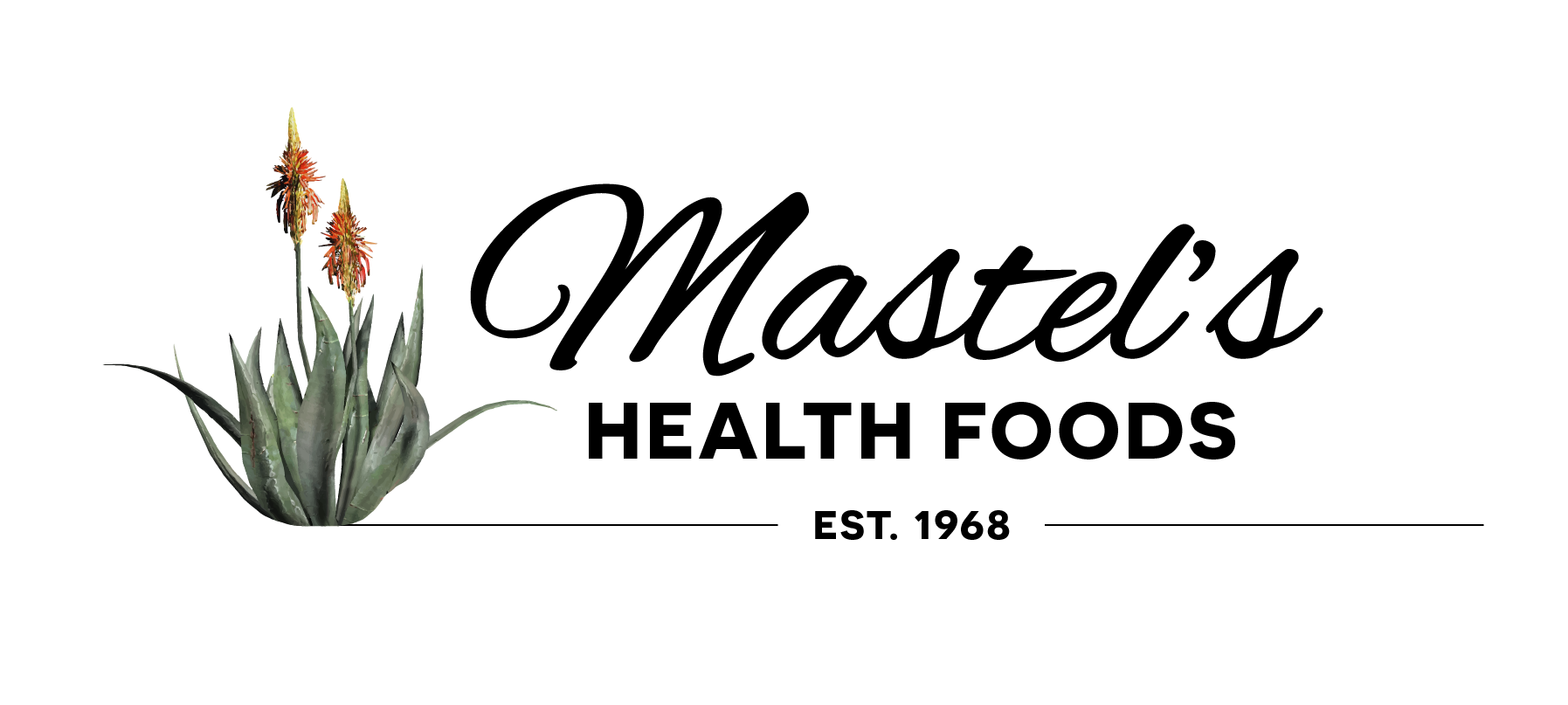Cognitive decline in healthy people gets worse as you age and can seriously affect quality of life. Early intervention is an important strategy. This ancient herb can help.
Bacopa is a prominent herb in India’s Ayruvedic system of medicine, in which it is known as brahmi. It has been used for memory and cognition as well as for stress and anxiety.
Modern research has validated that traditional use. A review of the past several decades research included bacopa in a very short list of herbs with convincing evidence for helping cognition (Pharmacol Res 2018;130:204-212). The others were Ginkgo biloba, dark chocolate and saffron.
A systematic review of six high quality studies found that bacopa is effective for recall in healthy people (J Alt Comp Med 2012;647-652). And a recent review of 15 studies confirmed the benefits of bacopa, especially for memory, learning, attention and speed of processing. One unblended study also provided hope for bacopa and Alzheimer’s (Drug Target Insights July 31,2019;13:1177392819866412).
Now the most extensive study ever done on the cognitive benefits of bacopa has been published. The double-blind study included 74 healthy people between the ages of 18 and 55. Half were given a placebo, and half were given 300mg of bacopa extract standardized for 30% bacosides each day. The study lasted for 84 days.
There was significant improvement in memory in the bacopa group compared to the placebo group, including short-term memory, spatial memory, working memory, visuospatial working memory and episodic memory.
There was also significantly greater improvement in cognition, including alertness and attention, concentration, reasoning and mental flexibility.
There was also significant improvement compared to placebo in anxiety, as measured by the Beck Anxiety Inventory, and sleep quality, as measured by the Pittsburgh Sleep Quality Index.
Bacopa did all of this with remarkable safety.
This study helps establish bacopa as an important herb for memory and cognition in healthy, young people.
J Psychiatry Cogn Behav. 2024;8:168

